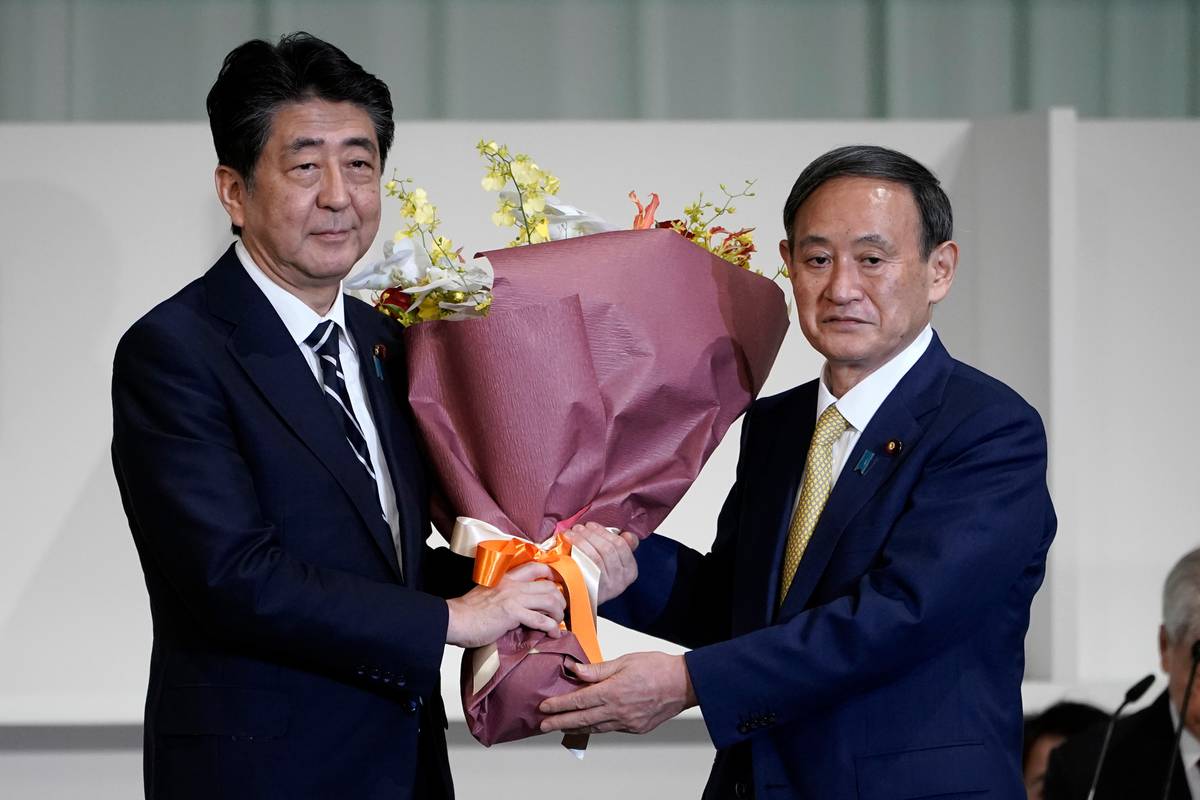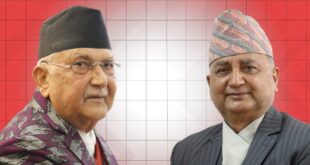Jubilee News Desk
Yoshihide Suga, 71, was on Wednesday elected Japan’s next prime minister by the country’s lower house of parliament, replacing Shinzo Abe who resigned because of poor health.
Indian prime minister Narendra Modi contragulated Suga on tweeter. “Heartiest congratulations to his excellency Yoshihide Suga on the appointment as the prime minister of Japan @kantei. I look forward to jointly taking our special stretegic and global partnership to new heights,” Modi tweeted.
Suga, the son of a strawberry farmer, won the leadership contest of the ruling Liberal Democratic Party (LDP) on Monday and was all but assured the top job when his appointment went to a vote in parliament given the party’s two-thirds majority.

The world’s third-largest economy shrank a record 27.8% from April to June this year compared with the previous quarter due to pandemic-related lockdowns that were only relaxed in late May. Unlike his predecessors, Suga does not come from a privileged background and rose to the top of the ruling LDP without belonging to any of its powerful factions.
Suga serves as chief cabinet secretary in the current administration. He is considered a close ally of Abe and likely to continue his predecessor’s policies. Suga won the vote for the presidency of the conservative Liberal Democratic Party (LDP) by a large margin, taking 377 of a total of 534 votes from lawmakers and regional representatives. Born the son of strawberry farmers, Suga is a veteran politician.
He saw off two other contenders Fumio Kishida, a former foreign minister, and Shigeru Ishiba, a former LDP secretary-general and one time defence minister. Taking over mid-term, Suga is expected to stay in post until elections due in September 2021.

Given his central role of chief cabinet secretary in the administration, he is expected to provide continuity heading an interim government until the 2021 election.
One of his most prominent appearances recently was during the transition from Emperor Akihito, who abdicated, to his son Naruhito in 2019. It fell to Suga to unveil the name of the new Reiwa era to the Japanese and global public.
As the face of the Abe government – helming regular press conferences as its chief spokesman – Suga cut a rather dour figure, but has attempted to portray a friendlier demeanours since he emerged as a frontrunner in the race to replace Abe.
Also read : India Covid tally cross five million mark
The fight against the coronavirus will be a priority, but he has also signalled a continuation of the broad policy framework of Abenomics, the three-pronged strategy that was Abe’s signature policy and that involved monetary easing, government spending and structural reform.
He is expected to push forward with his own initiatives including bureaucratic reform, digitalisation, and helping Japan’s rural communities through policies on agriculture and tourism.
The former Chief Cabinet Secretary and Abe loyalist will announce his cabinet later on Wednesday and is expected to keep many of Abe’s team in place.
 Jubilee Post News & Views
Jubilee Post News & Views





